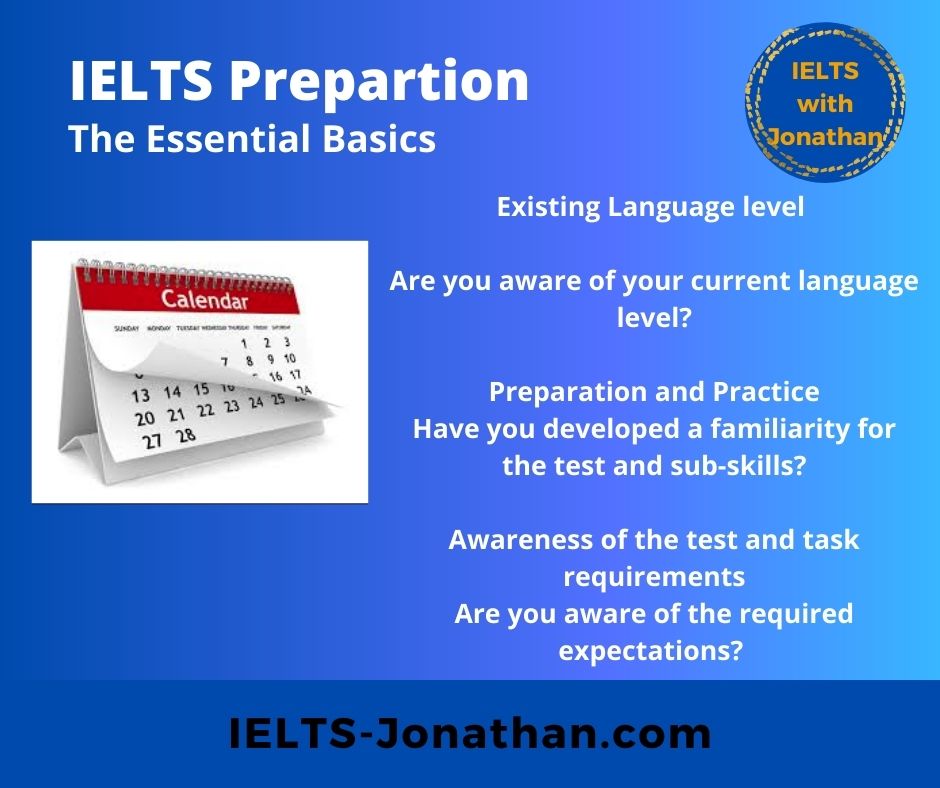The International English Language Testing System (IELTS) is one of the most widely recognized English language proficiency tests in the world. Whether you are planning to study abroad, immigrate, or pursue a career in an English-speaking country, achieving a high score on the IELTS can be a crucial step toward your goals. To help you prepare effectively we have compiled a comprehensive guide filled with tips and frequently asked questions (FAQs) to navigate the IELTS journey successfully.
Part 1: Understanding the IELTS Exam
FAQ 1: What is the IELTS exam?
The IELTS exam is designed to assess the English language proficiency of non-native speakers. It measures your ability to communicate effectively in English, including your reading, writing, listening, and speaking skills. There are two main types of IELTS exams: Academic and General Training. Academic IELTS is for those planning to study at a university or college, while General Training IELTS is for immigration and employment purposes.
FAQ 2: How is the IELTS exam structured?
The IELTS exam consists of four main sections:
- Listening: This section assesses your ability to understand spoken English.
- Reading: It evaluates your reading comprehension skills.
- Writing: You will be required to complete two writing tasks.
- Speaking: In a face-to-face interview, your ability to speak and engage in conversations is assessed.
FAQ 3: What is the scoring system for IELTS?
The IELTS score ranges from 0 to 9, with half-band scores (e.g., 6.5). Each section (Listening, Reading, Writing, and Speaking) is individually scored, and then an average score, known as the Overall Band Score, is calculated.
Part 2: Effective IELTS Preparation Tips
Tip 1: Understand the Test Format
Before you start your IELTS preparation, it’s crucial to understand the format and requirements of each section. Familiarize yourself with the test structure, time limits, and scoring criteria. This knowledge will help you strategize your study plan.
Tip 2: Develop Your Language Skills
Work on improving your English language skills consistently. Read English books and articles, listen to podcasts, and engage in conversations with native speakers. This will not only help your overall language proficiency but also boost your confidence in the speaking and writing sections.
Tip 3: Take Practice Tests
Practice tests are your best friend during IELTS preparation. They will help you become comfortable with the test format and time constraints. Regular practice will also identify your strengths and weaknesses, enabling you to focus your efforts where they are needed most.
Tip 4: Time Management
Time management is crucial during the exam. Allocate a specific amount of time for each section while practicing to simulate the real test conditions. This will help you get accustomed to the time pressure and improve your ability to complete all questions within the given time.
Tip 5: Enhance Your Vocabulary
A rich vocabulary is essential for success in the reading and writing sections. Expand your word bank by learning new words and phrases regularly. Practice using them in sentences to ensure they become an integral part of your language skills.
Tip 6: Seek Professional Guidance
Consider enrolling in an IELTS preparation course or hiring a tutor. Professional guidance can provide you with personalized feedback and guidance, helping you identify and overcome your weaknesses effectively.
Tip 7: Review and Reflect
Regularly review your practice tests and identify areas where you need improvement. Reflect on your mistakes and learn from them. This self-assessment will contribute significantly to your progress.
Tip 8: Simulate Test Conditions
When taking practice tests, recreate the exam environment as closely as possible. Sit in a quiet room, use a timer, and adhere to all the rules and conditions of the actual test. This will help you reduce anxiety and perform better on the test day.
Part 3: Frequently Asked Questions (FAQs)
FAQ 4: How long should I prepare for the IELTS exam?
The ideal preparation duration varies from person to person. On average, candidates spend 1-3 months preparing for the IELTS exam. However, your current language proficiency and target band score play a significant role in determining the length of your preparation.
FAQ 5: What is a good IELTS score?
A good IELTS score depends on your specific goals. For university admission, a score of 6.5 to 7.5 is generally considered good. For immigration purposes, the requirements may vary, but a score of 7 or higher is often required. It’s essential to check the score requirements of your desired institution or immigration program.
FAQ 6: Can I retake the IELTS exam?
Yes, you can retake the IELTS exam as many times as you like. There is no limit to the number of attempts. However, it’s advisable to retake the test only if you are confident about improving your score significantly.
FAQ 7: How can I book an IELTS exam?
To book an IELTS exam, you can visit the official IELTS website or contact a recognized test center in your region. Ensure that you have a valid identification document, such as a passport, and choose a suitable test date.
FAQ 8: Is there any age limit for taking the IELTS exam?
No, there is no age limit for taking the IELTS exam. It is open to all age groups, from teenagers to seniors.
FAQ 9: What should I bring to the IELTS exam?
On the day of the exam, you must bring your passport or national identity card used for registration. Additionally, you should have a few sharpened pencils, an eraser, and a clear bottle of water. Mobile phones, electronic devices, and personal belongings are generally not allowed in the examination room.
Part 4: Recommended Resources
To aid your IELTS preparation, here are some valuable resources:
- Official IELTS Website: This is your go-to source for test information, preparation tips, and sample questions.
- IELTS Prep Books: Numerous books and study guides are available to help you prepare for the exam. Look for reputable publishers and well-reviewed titles.
- Online Courses: Platforms like Coursera and edX offer IELTS preparation courses taught by experienced instructors.
- IELTS Preparation Apps: There are various mobile apps designed to improve your IELTS skills on the go.
- IELTS Forums and Communities: Engage with fellow test-takers on online forums and communities to exchange tips and experiences.
- IELTS Practice Tests: You can find a wide range of free and paid practice tests online to test your skills and readiness.
In conclusion, effective IELTS preparation involves understanding the exam, developing your language skills, practicing consistently, and seeking professional guidance when needed. With dedication and the right resources, you can achieve your target IELTS score and take a significant step toward realizing your academic, immigration, or career aspirations. Good luck on your IELTS journey!




